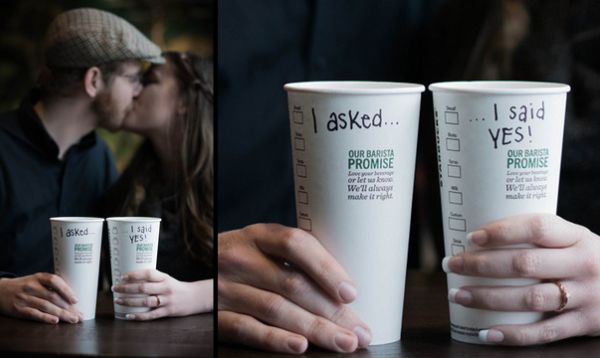I have been exploring the importance of brand meaning. My basic premise is that the brands which people find to be different in a good way are the ones they will be willing to pay a price premium for.
But as I have explored this topic, I have come to realize that there are some very distinct layers of meaning (how a brand is perceived) and brand marketers need to work differently to motivate people within each level.
Let me quickly outline the three main layers of brand meaning that I believe are important, starting with the outside and working in. Each layer permeates the ones inside it and can influence or be influenced by the others.
Cultural Meaning
This is the broad context in which consumers come to appreciate what a brand stands for and respond to it. An example would be brands like Molson beer in Canada, which in the past has sought to leverage the local culture of Canadian pride to its own advantage.
Brands also seek to leverage popular culture by teaming up with celebrities. And some brands are so strong that they are not just influenced by popular culture but they also play a part in influencing it. Brands like Google and Facebook have shaped the world in which we now live and earned unique status in the minds of many as a result.
Community Meaning
While this might seem like a more granular version of cultural meaning, I feel that it is worth considering community as a separate layer. Community does not just denote a local community. In my mind, it refers to any group of associated people: colleagues, people who support the same club or pursue the same hobbies and interests.
Other people might refer to these groups as tribes, but that implies a strong degree of allegiance and, as we know, people can simply be influenced by those around them. All these different communities have the power to expose us to new brands and influence our perceptions of them. Once again, a few strong brands actually have the power to attract a community around the brand itself such as Harley Davidson, Apple and Patagonia.
Individual Meaning
As discussed in this post, individual meaning is probably far more motivating than the collective meaning. This is the domain where small differences can have big consequences. A brand simply needs to be different enough for someone to choose it and pay a premium. The source of that meaningful difference may be so unique or trivial that it is not readily appreciated, even by the person buying the brand (which, as I noted previously, has some important implications for research).
As an aside, I do wonder whether corporate culture adds another level of meaning that needs to be taken into account, but perhaps that is more an influence than an outcome?
So, why worry about these layers of meaning? I think there is a real need for marketers to distinguish between cultural and community meaning, i.e. shared meaning that is relatively stable, and individual meaning, which while more powerful, is probably less stable. For example:
I used to love the Omo detergent brand because it seemed to have values I share, but then it let me down and ruined my best shirt.
I believe marketers need to influence the cultural and community shared meaning to provide a stable context for people’s personal brand meaning. But this is not to say they should ignore individual meaning since it is open to suggestion. To be successful, marketers must also frame the user experience to good advantage, i.e. “this really gets my whites white” (even if the difference is imperceptible, advertising helps steer people’s perceptions of the end result).
So what do you think of these different layers of meaning? Do you think marketers need to think more about how best to layer meaning onto brands at each level? Please share your thoughts.
Branding Strategy Insider is a service of The Blake Project: A strategic brand consultancy specializing in Brand Research, Brand Strategy, Brand Growth and Brand Education




